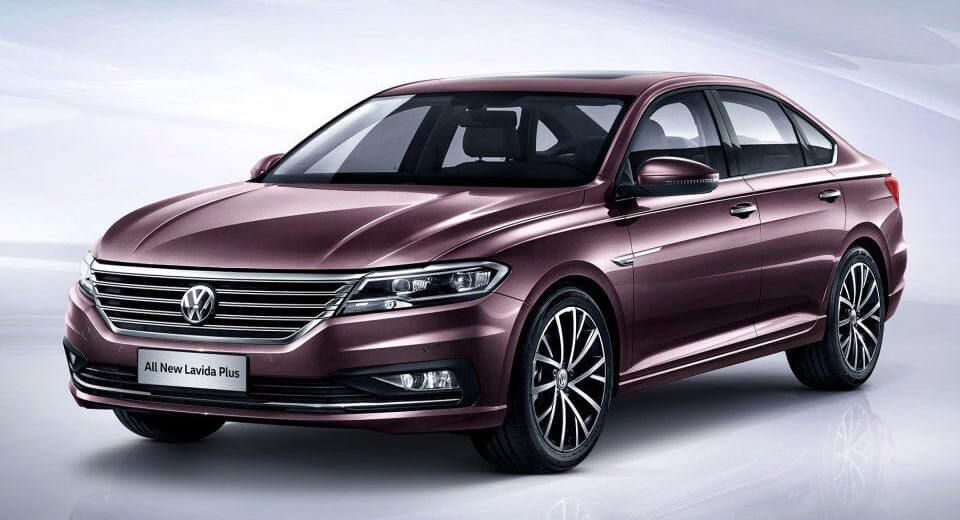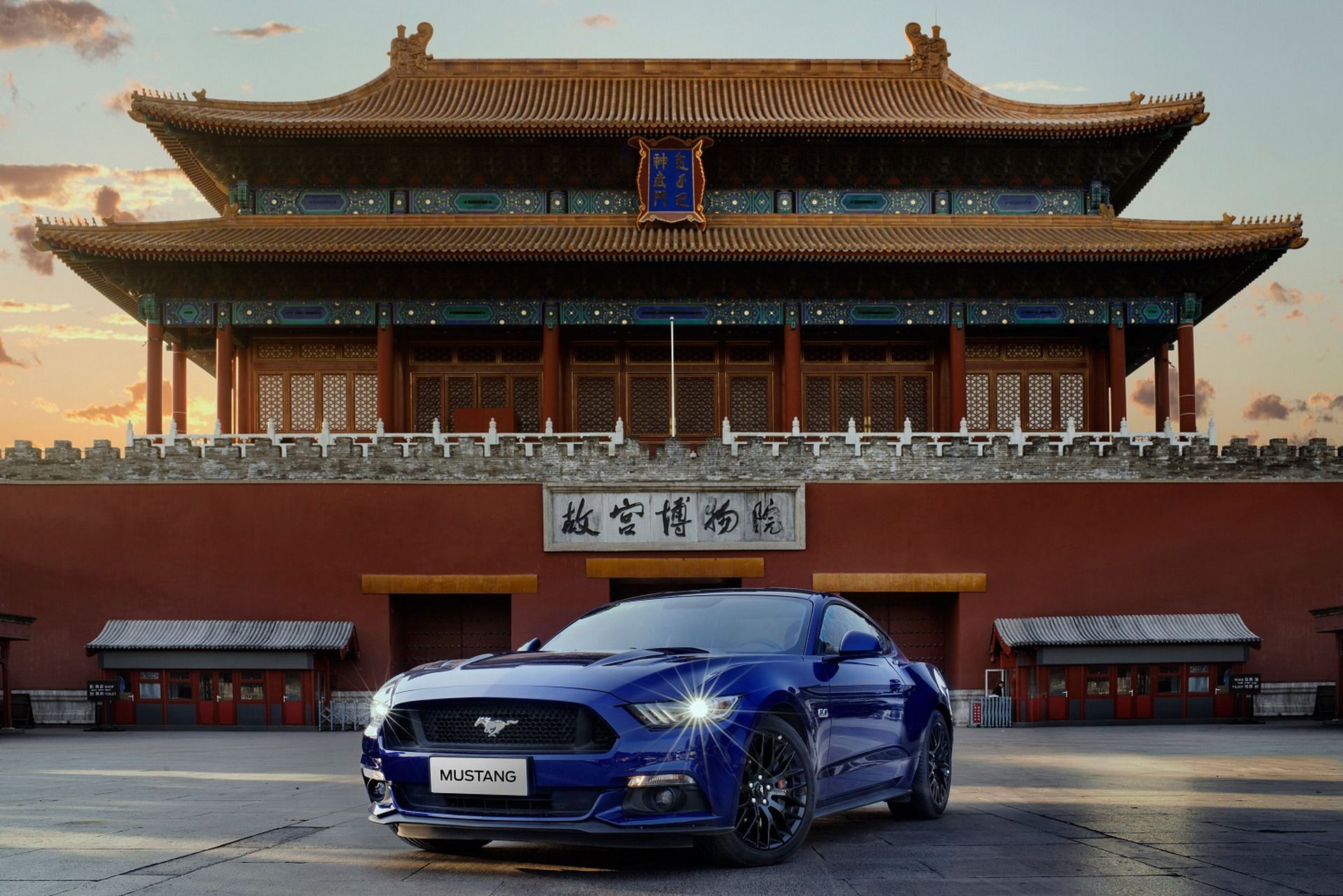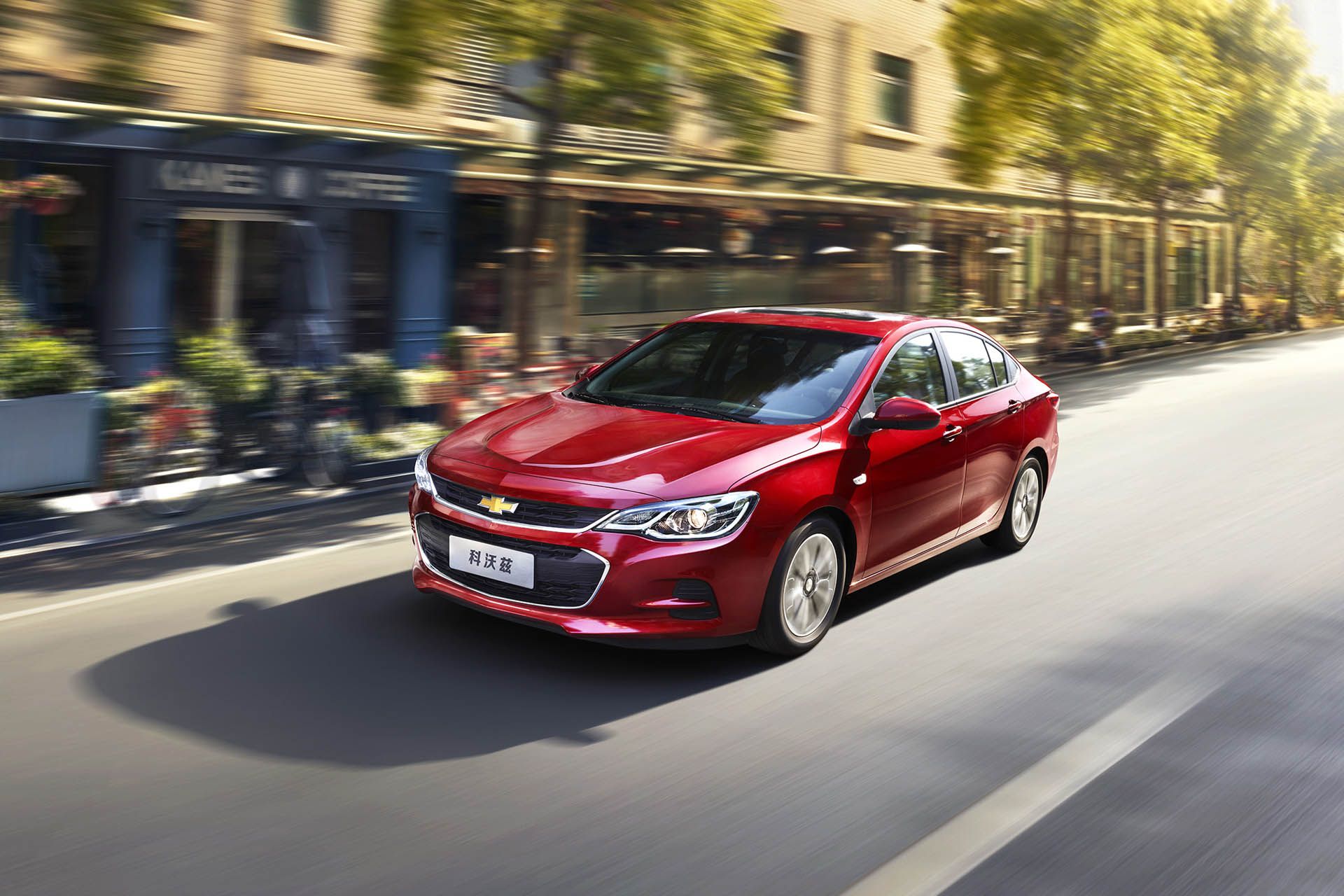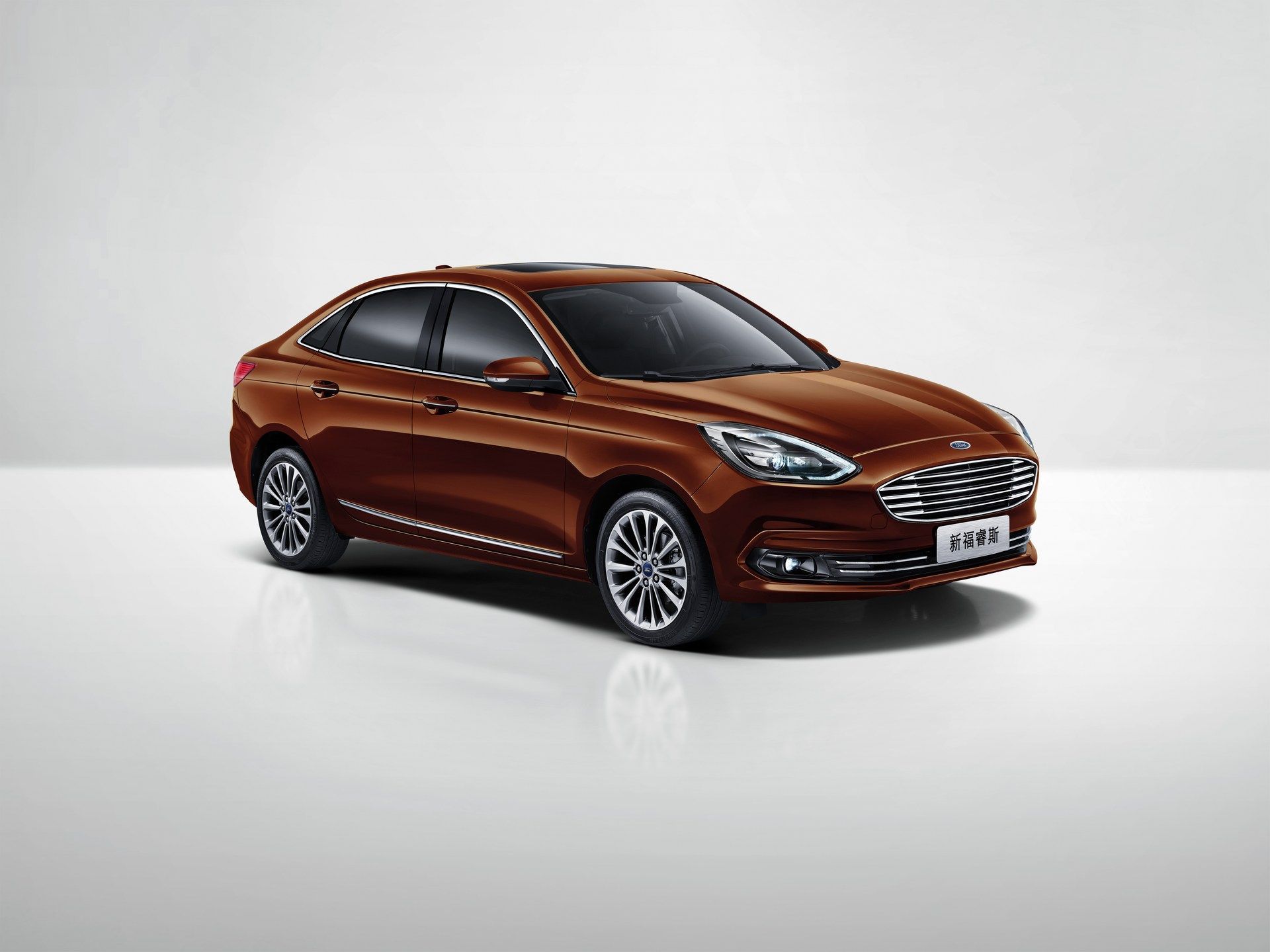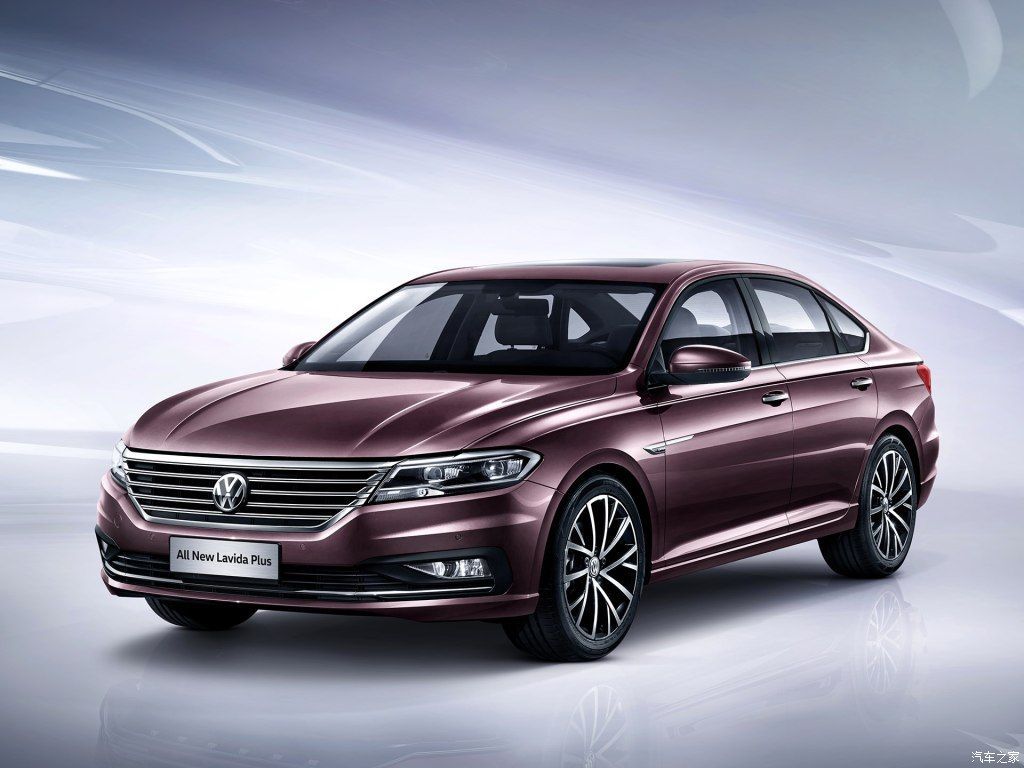China will allow foreign carmakers to take full ownership of their local ventures, something that can greatly benefit electric car producers such as Tesla, Volkswagen and GM.
The current ownership cap stands at 50% but is now on track to be eliminated in 2020 as far as commercial vehicles are concerned, followed by a similar move in 2022, aimed at passenger vehicles, stated the NDRC.
Once that happens, companies such as Daimler, VW, Ford and Toyota could find it easier to manufacture cars in China, in turn putting pressure on local automakers to speed up the development of their own brand.
“In a decade, foreign carmakers will gradually become all independent and Chinese companies will lose the cash flows from the joint ventures,” stated Yale Zhang, an analyst for Automotive Foresight Co. “Foreign carmakers will be happy as they won’t have to share 50 percent of the profits with their Chinese partners.”
It’s very likely that Chinese authorities enacted on loosening foreign auto rules to lower tensions with the Trump administration, showing that they are prepared to work with the United States to avoid a full-on trade-war that could damage the entire global economy.
Currently, China accounts for roughly half of VW’s brand sales, and is also the most important market for luxury models from Mercedes, Audi and BMW.
While German and U.S. automaker welcomed the news, they insisted they won’t be abandoning their local partners, reports Bloomberg. VW said something similar, claiming that its existing joint ventures won’t be affected, a sentiment mirrored by GM. Regarding Tesla, it’s been reported that Elon Musk had been unable to secure a deal to open up an assembly plant in China. Without an ownership cap, disagreements over ownership structure could be a thing of the past.
While the US EV-maker would stand to benefit, local brands such as BYD or BAIC Motor (Daimler, Hyundai joint ventures) could end up encountering tough competition from any lower-priced Tesla models, said Rhb Osk Securities analyst, Dan Zhuang.
“The pace of the open-up is much faster than the market had thought. If Tesla produces from China, BYD may face the pressure to lower prices and thus a weaker margin.”



